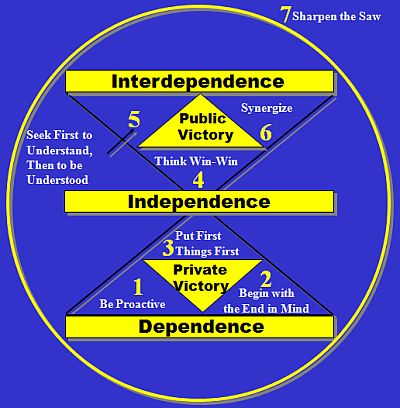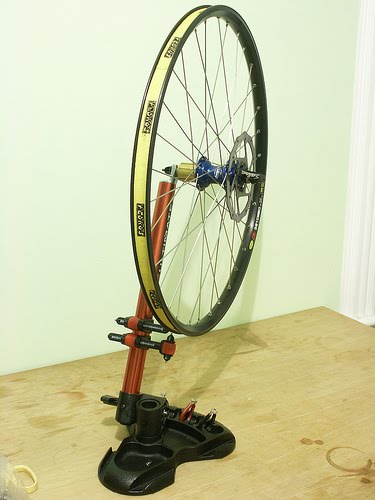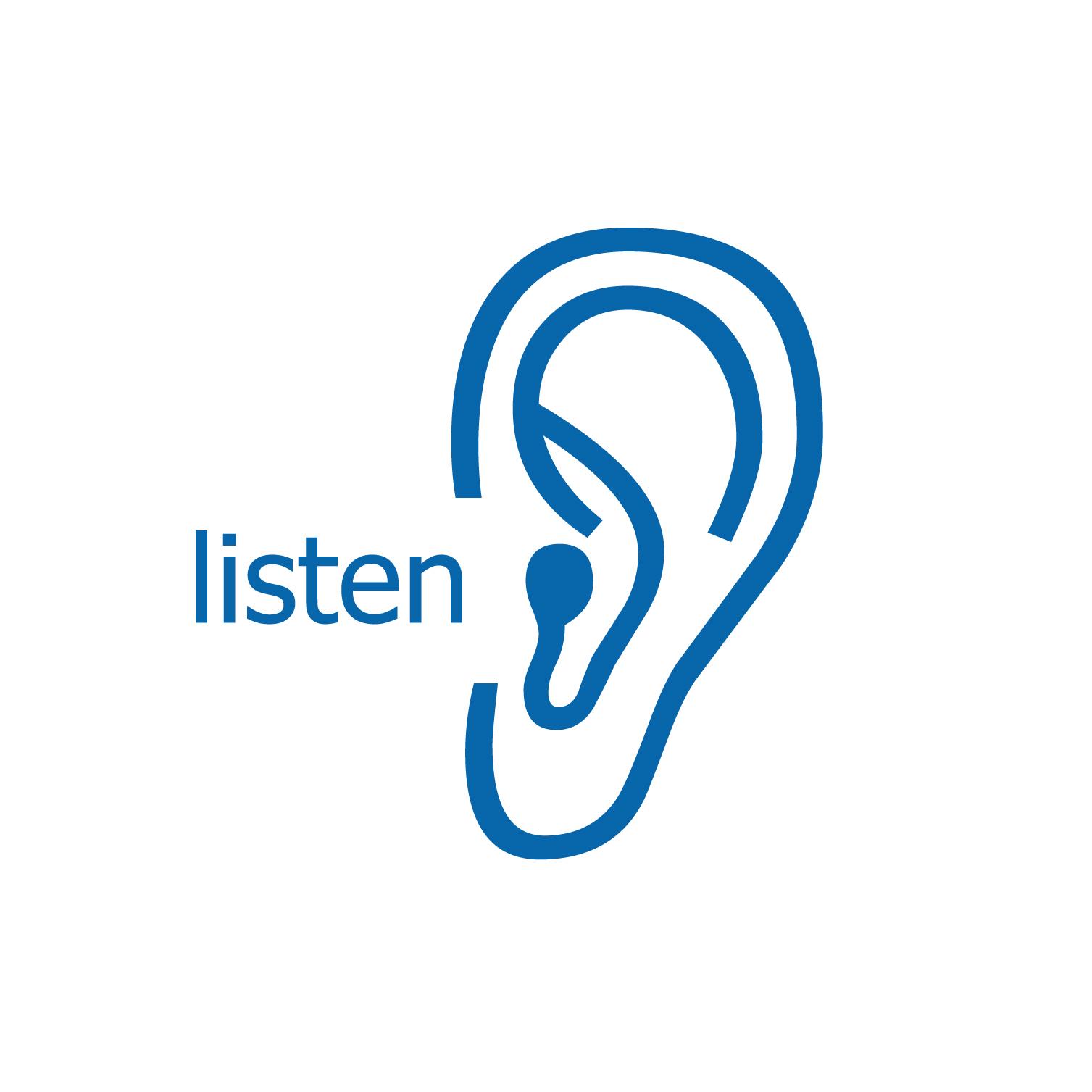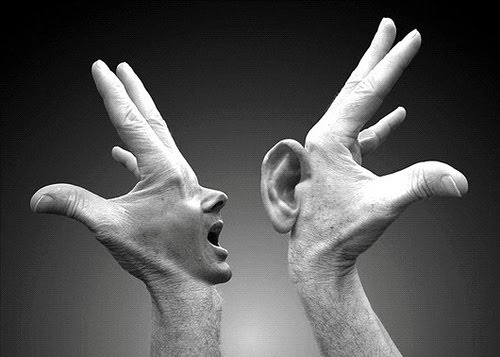The 7 Habits of Highly Effective People
By Stephen R. Covey
[The following is a synopsis of The 7 Habits]
A CLOSING STORY
It’s a dark and stormy night in the Atlantic Ocean, the communication officer runs from the bridge to the captain’s quarters and to say;
“Captain, there is light in our sea lane but it will not move out of our path!”
The captain exhausted in his bunker says “Well, tell them to move starboard!”
Minutes later the communications officer returns to the captain’s quarters stating that the person at the other end of the line has signaled back to the ship the following message: “No, you must move starboard.”
 This enraged the captain. He got dressed rapidly, put on his captain’s hat, threw on his war medals, and rushed to the bridge. He could not believe the situation as the light was now extremely close to the bow of his ship.
This enraged the captain. He got dressed rapidly, put on his captain’s hat, threw on his war medals, and rushed to the bridge. He could not believe the situation as the light was now extremely close to the bow of his ship.
The captain turns to his communications officer and says “Let them know who I am.” The officer quickly signaled: “This is the HMS Dreadnought ordering you to move starboard immediately.”
The person on the other end responded. “Yes, well this is the light house.”
Correct Principles/Habits are lighthouses: they do not move. We cannot break principles, we cannot force principles to change; ONLY we can change. We must learn to accommodate them because they free us and empower us.
T.S. Eliot once said:
“We shall never cease from exploring,
And the end of all of our exploring,
Will be to arrive where we began
And to know the place for the first time.”
We already know the 7 Habits but what is commonsense is not practice. That’s why:
We need to learn the 7 Habits,
We need to teach the 7 Habits,
We need to live the 7 Habits, and through this we will become lighthouses in our own lives.













